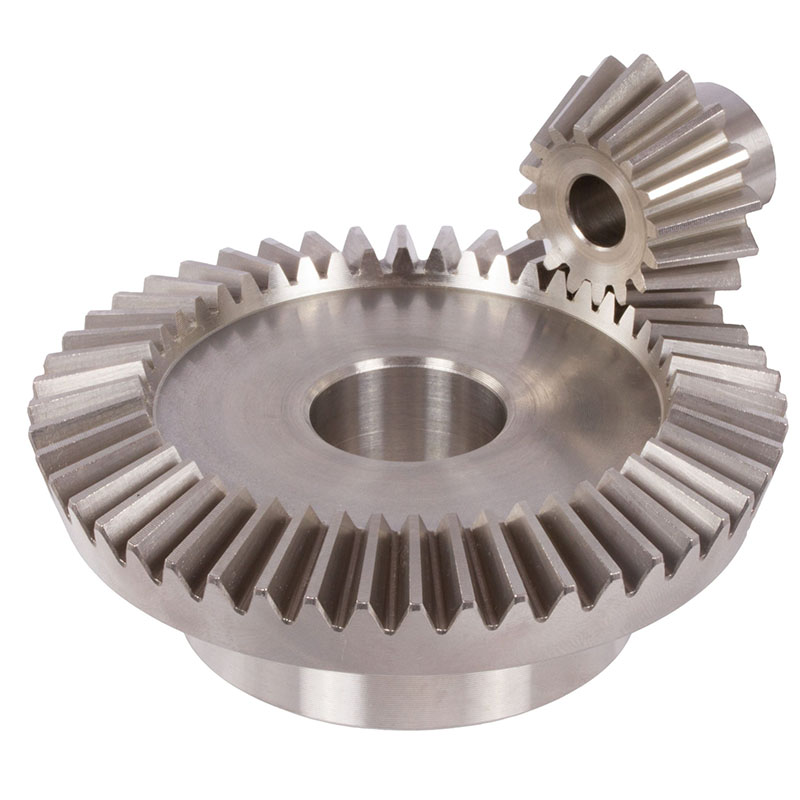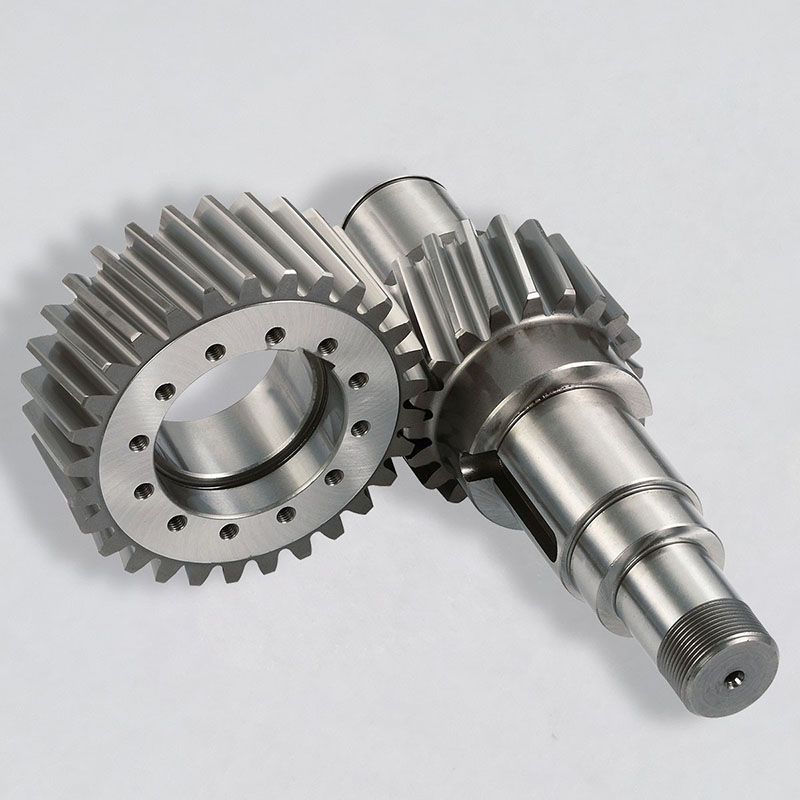The mechanical manufacturing industry requires various types of gears to perform specific functions and meet technical requirements. Here are some common gear types and their functions:
1. Cylindrical gears: widely used on bearings to provide torque and transfer power.
2. Bevel gears: used in cases where the bearings are relatively tilted to achieve more efficient transmission.
3. Worm gears: used to provide a higher transmission ratio, commonly used in high-speed low-torque situations.
4. Helical gears: used to provide high torque transmission and solve the problem of axial space constraints.
5. Reduction gears: used to reduce the speed of the driving force to achieve proper control of the equipment.
In addition to the above functions, gears also need to meet some technical requirements, such as:
1. Precision requirements: the accuracy of the gear has a significant impact on the system’s operation.
2. Wear resistance: the gear must be durable to accommodate long-term use.
3. Thermal stability: the gear must have good thermal stability to ensure efficient transmission.
4. Material quality: the gear must be manufactured from high-quality materials to ensure its stability and durability.
These are the requirements of the mechanical manufacturing industry for gears.
Post time: Feb-15-2023






